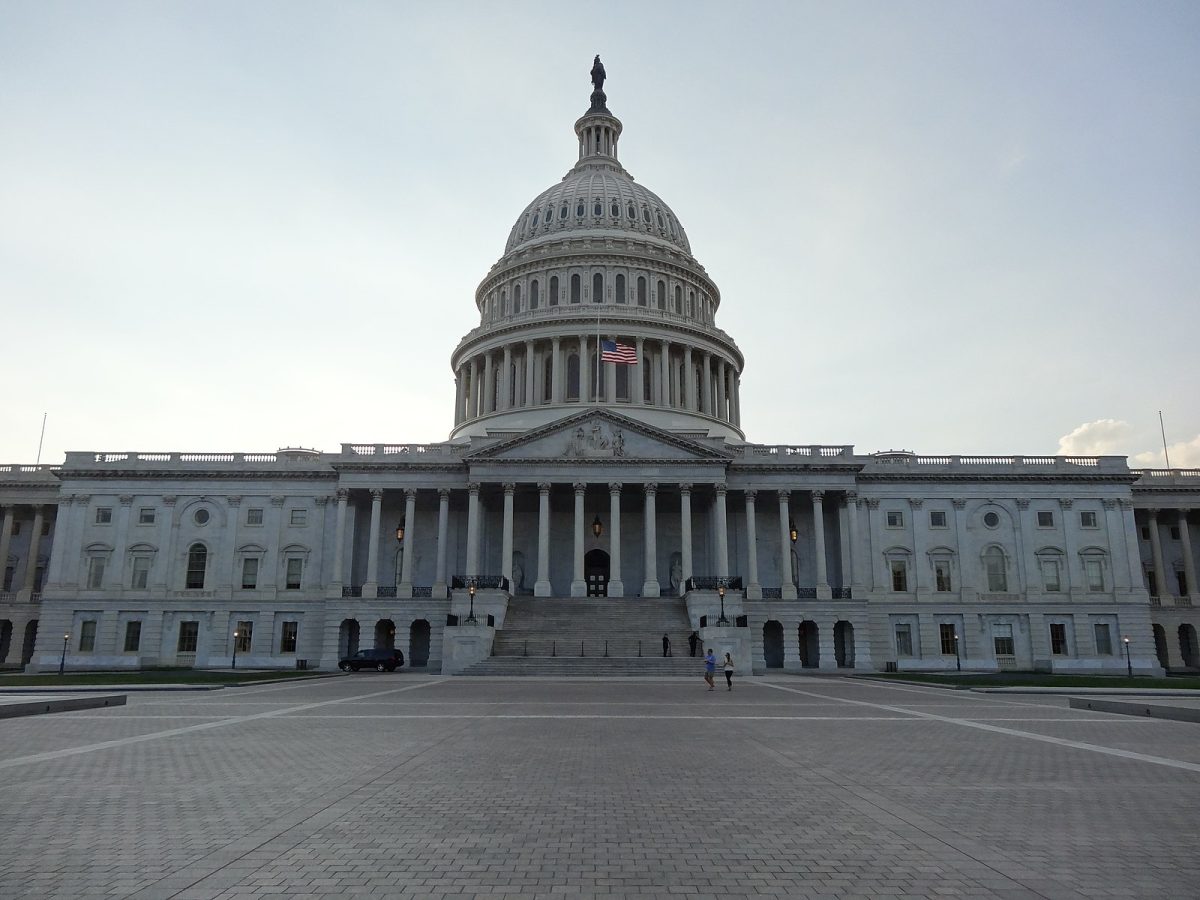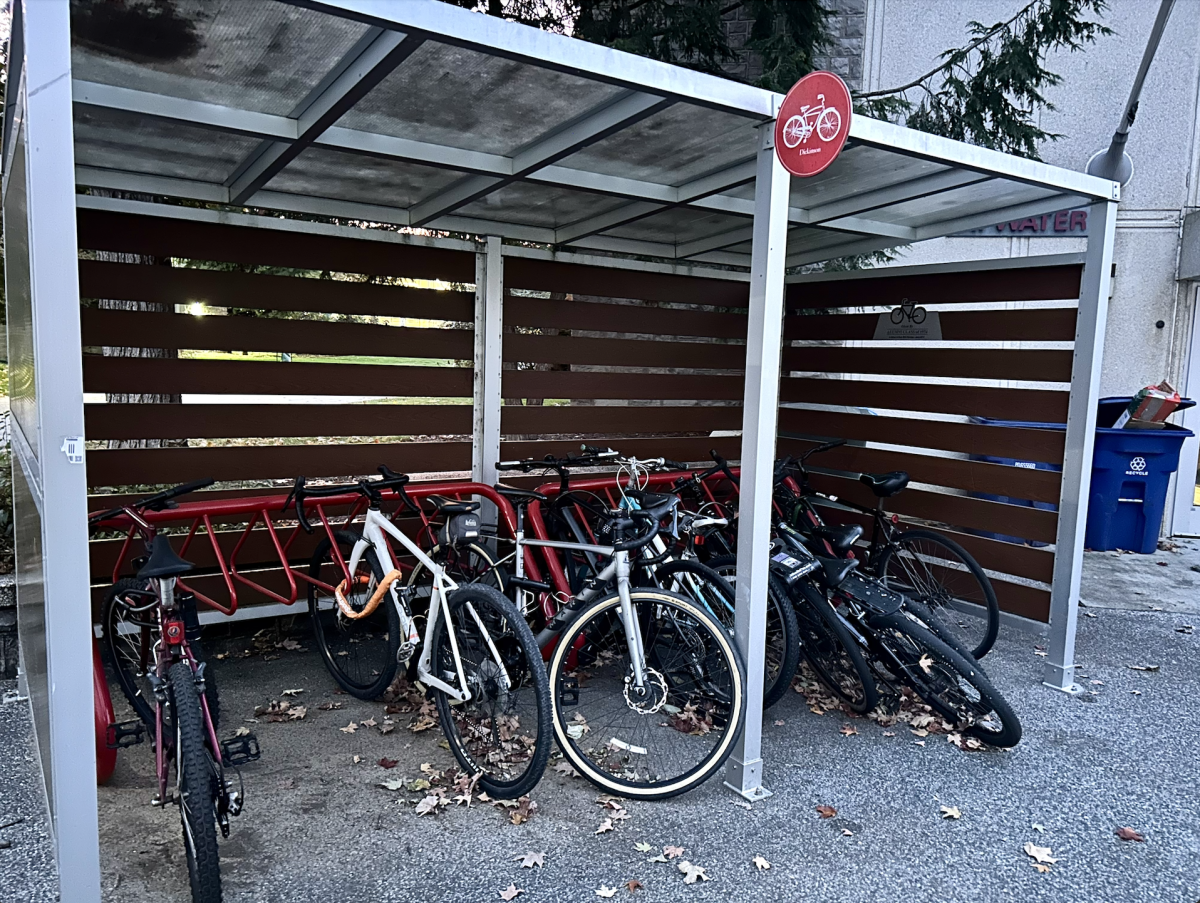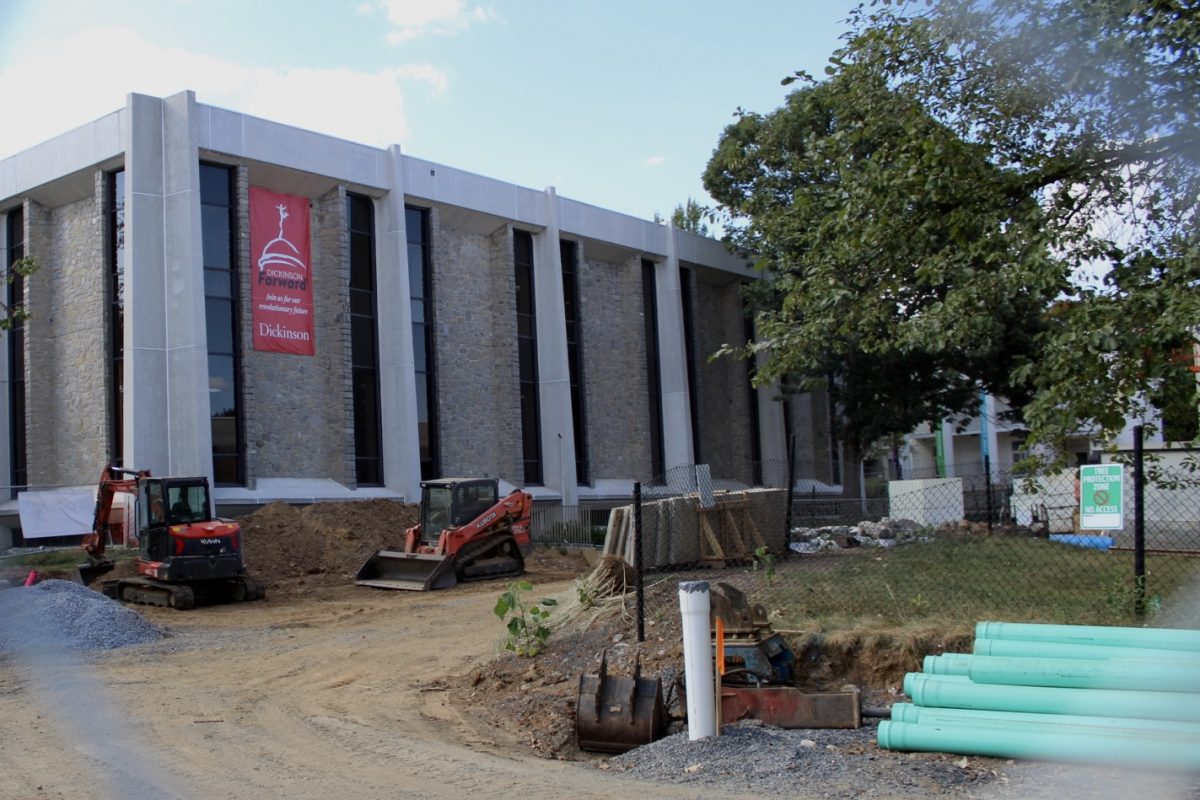After winning the 2024 election on a platform of erroneously claiming that Haitian immigrants are eating dogs, President Trump has enacted a series of changes in the past month to reduce the number of migrants entering the country.
Within a week of the inauguration, the BBC and New York Times reported that components of the immigration system were disrupted by the White House. The CBP One app, which is an online processing system, was taken offline, stranding 30,000 people who were already in line for immigration related needs including provisional I-94 Entry. Additionally, one of Trump’s executive orders has ordered the cancelation of immigration applications from certain countries.
Military aircraft and 1500 army personnel have also been directed to support the Department of Homeland Security on the southern border. The most dramatic component of deportations was a brief dispute with the Columbian government, which was initially unwilling to take in its citizens until the White House threatened coercion via tariffs. By January 27, the BBC claimed that 956 people had been arrested, not all of whom were immigrants. Finally, the city government of Ciudad Juarez in Mexico announced plans to expand migrant shelters.
The White House has started to backtrack on some policies. NBC reported on February 3 that 461 migrants had been released after their arrests. Part of the reason may have been the Immigration and Customs Enforcement (ICE) surpassing their detention capacity of 41500 beds. In a contradictory claim, the President has suggested removing the ‘Alternatives to Detention’ program, which gives migrants ankle monitors as part of a larger technological setup by the government that has been expanded over the past decade to maintain records on immigrants. Since 2020, $7.8 billion have been spent on a process of apps and DNA documentations to better inform decision-making. ABC reported that by February 8, 78 farmworkers in California’s Central Valley were arrested, although some did not have a criminal record. This is counterproductive to Trump’s campaign promise to lower grocery prices, since it is harvest season for citrus. Regarding the matter of deportations, the NBC report claimed that Venezuela was allowing people to be returned.
By the middle of February, the pressure to increase deportations started to come from institutions outside the federal government. On February 12, ABC claimed that Drug Enforcement Agency (DEA) and Federal Bureau of Investigation (FBI) personnel had been going door-to-door in the city of Denver, where 30 undocumented migrants had been arrested, only one of whom had any criminal history. The participation of the FBI and DEA is unconventional. The practice of door-to-door investigating is normally a role for local police, and neither agency specializes in immigration or non-organized crime. The most likely outcome is that the federal government has started to treat migration as less of a matter of immigration paperwork and instead assigning a blanket label of criminal on every migrant, in addition to considering migrants as participants in organized crime.
Overall, the approach which the federal government has taken to the matter of immigration is that of a criminal menace, as opposed to the fundamental issue of asylum. Under international and U.S. law, asylum seekers are allowed to flee dangerous areas. These changes would violate that principle by keeping people in some of the most violent countries in the world, where gangs receive revenue from U.S. citizens buying drugs. Instead of addressing the real problem which compels people to flee violence, this administration is endangering the victims.











